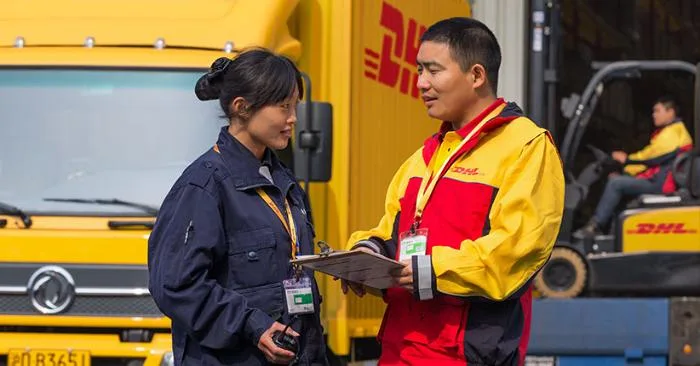
Malaysia's trade with South Korea increased 29.7% in 2022 with USD 26.01 billion compared to 2021 with USD 21.01 billion in 2021.
The increase shows there is a growing demand for imports from Malaysia. To capture this opportunity and begin importing to South Korea, let’s look at South Korea’s import duty and tax.
Types of Duties and Taxes
South Korea primarily imposes 2 types of duties and taxes - Customs Duty and Value Added Tax (VAT) on all import shipments.
Additional tax, known as excise duty will be imposed on luxury goods and durable goods.
Customs Duty
Goods entering Korea valued above USD 150 will be subject to customs duty.
The rate can vary based on the type of goods, but the average paid rate is 8%, except for agricultural products.
Value Added Tax (VAT)
Imported goods valued above USD 150 are subject to a flat 10% VAT rate.
| VAT Rate | Type | Goods and Services |
|---|---|---|
| 10% | Standard | All other goods and services |
| 0% | Zero | Exports and relevant transportation services, international services, financial and insurance services, certain administrative and support services for businesses |
Excise Tax
An excise tax of 10% to 20% will be applied to luxury goods and durable goods.
The excise tax calculation and rate are different for each type of good, as specific rates apply to each.
Calculating Duty and Taxes
Customs Duty
To calculate customs duty, you need to identify the HS code for your goods. You can find it on the official Korean customs website or use DHL's HS code searcher.
Once you locate your HS code, you will be able to know the customs duty rate for your goods.
Example of Customs Duty Calculation
Imagine, you need to ship 2000 units of umbrellas, worth USD 10 each to South Korea.
| Steps | Method |
|---|---|
| Step 1: Find the Shipment Total Value | USD 10 x 2000 = USD 20,000 |
| Step 2: Find the Custom Duty Chargable | Multiply the Total Value of Umbrellas by the customs duty rate for umbrella. USD 20,000 x 13% = USD 2,600 |
The total customs duty applicable for 2000 umbrellas worth USD 10 each is USD 2,600
Calculating VAT
To calculate VAT, multiply the Total Value of Goods by the VAT rate.
Example of VAT Calculation
Using the same example as above - you are shipping 2000 units of umbrellas, worth USD 10 each to South Korea.
| Steps | Method |
|---|---|
| Step 1: Find the Shipment Total Value | USD 10 x 2000 = USD 20,000 |
| Step 2: Find the VAT Chargable | Multiply the total value of umbrellas by the VAT rate of umbrella, which is 10%. USD 20,000 x 10% = USD 2,000 |
You'll get USD 2,000. That's the VAT applicable for 2000 umbrellas worth USD 10 each.
Calculating Excise Duty
To calculate excise duty, identify the specific rate set for the type of goods. This can be done through the official Korean customs website.
Example of Excise Duty Calculation
You're shipping 100 litres of beer to South Korea. The excise duty for your goods is KRW 830.3 per litre of liquor.
The excise duty of your shipment can be determined through the below calculation:
KRW 830.3 x 100 litres = KRW 83,030
KRW 83,030 is the amount you will be taxed for 100 litres of beer.
Duties Threshold
South Korea's minimum value threshold, also known as de minimis, is USD 150 (approximately 715 MYR).
Hence, all imported goods valued above USD 150 are subject to customs duty and VAT.
Duties Exemption
Imported goods valued below USD 150 are exempt from customs duty and tax in South Korea.
In addition to the de minimis rule, there are four more exemptions available for specific types of shipments, regardless of their value:
- Commodity samples and promotional materials
- Re-imported goods that were previously exported
- Temporarily imported goods subjected to re-export
- South Korean duty-free goods
There are 4 ways to pay customs duties and taxes on imports into South Korea.
Option 1: In-person
Walk in to the local bank at Korea and the staff will assist you in the payment process.
Option 2: Online Banking
Log in to your bank’s online platform and follow the instructions for customs duty payment.
Option 3: Credit Card on Customs Agency Web Portal
You can pay the duties and taxes on the customs agency web portal securely using credit card.
Option 3: Pay via UNI-PASS
UNI-PASS is a South Korea’s customs e-clearance portal system.
The system offers a comprehensive one-stop service with a seamless experience.












































